Cool and damp conditions in Gisborne have been good for leafy crops but not so good for grapes and squash which love the hot and dry over ripening. On the West Coast a farmer at Hari Hari has been making silage and putting in the last of the winter crops this week. On the Farm is a wrap of conditions on farms and orchards around the country.
It's been dry in Northland. A kumara grower would have liked a bit more rain. He's in the midst of the early harvest which started a couple of weeks ago. The season goes for a good two and a half months. He says it won't be a massive crop this year. Finding workers has been a struggle but they're managing as best as they can.
Around Pukekohe temperatures have dropped slightly as summer ends. The drying easterlies mean there's a constant need to irrigate crops.
A farmer in south Waikato around Tokoroa is looking skywards for rain - there's not much in the forecast and the ground's drying out. His herd's milking well though, considering. Pregnancy testing's just finished - there's a 10 percent empty rate in the cows and just four percent in the heifers.
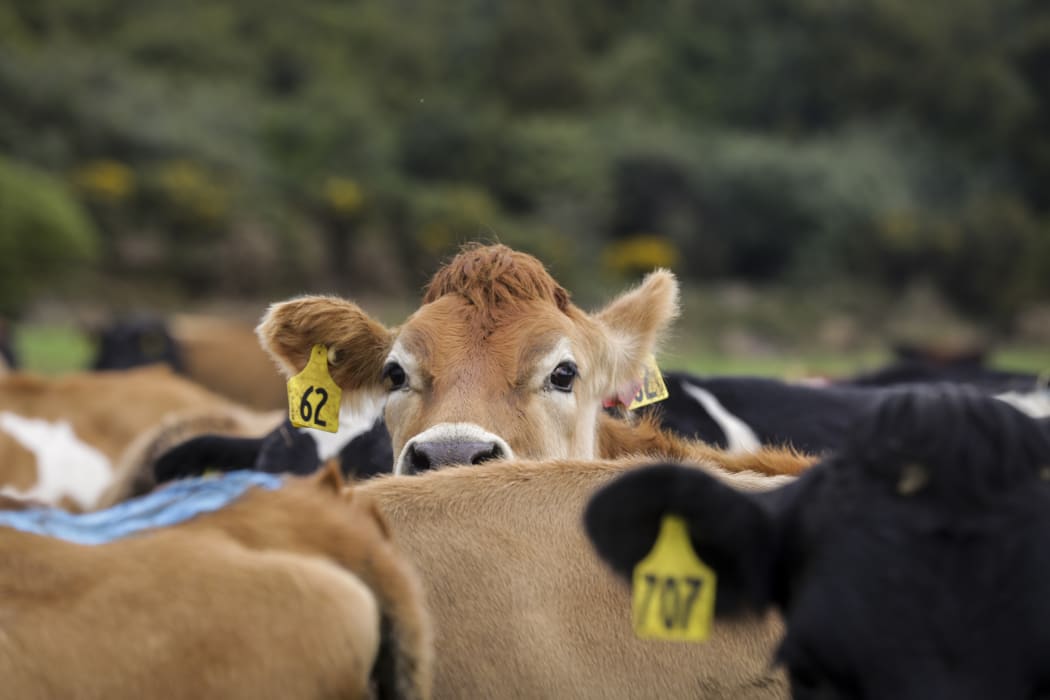
Photo: RNZ / Rebekah Parsons-King
King Country is drying off. They've had very little rain in the past three weeks. It's cooling down slightly too. Maximum temperatures are now in the high 20s. People are offloading stock ... a consultant told us the works are doing a good job and getting stock through although he hears sometimes they're not able to confirm kill numbers til the day before. With good prices after all the rain, a lot of store lambs have been going out. It's just starting to ease back now.
Taranaki too is going through a dry patch. Farms are starting to eat into next spring's supplements. They'll need rain in the next week to ten days or growth rates will start to slide and decisions will need to be made about getting cull cows to the works. It's been a fair to middling season with productivity likely five to six percent down across the province.
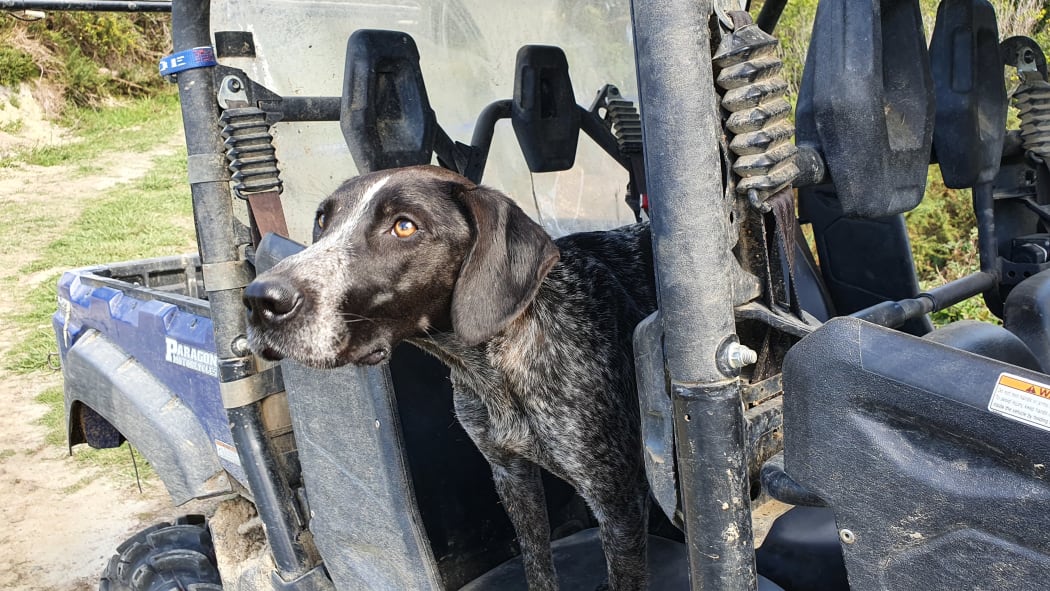
Photo: RNZ/Sally Round
A dairy farmer in Bay of Plenty says she needs more rain - a good 50 to 75 millimetres would do the job. They have bought in quite a bit of feed. There's still heat in the day but mornings are colder now. Everybody is pretty much isolating to keep Covid at bay. It will be difficult if it gets on to farms but she says they'll just have to work their way through it.
Cool and damp conditions in Gisborne have been good for leafy crops but not so good for grapes and squash which love the hot and dry over ripening. Farms are green and grass is growing. Labour is tight with Covid making its way into the area. A grower says they're doing everything they can to keep people from catching it ... his company has a 100 percent vaccination rate. Separating workers is difficult though, in a small community where people hang out together after work.
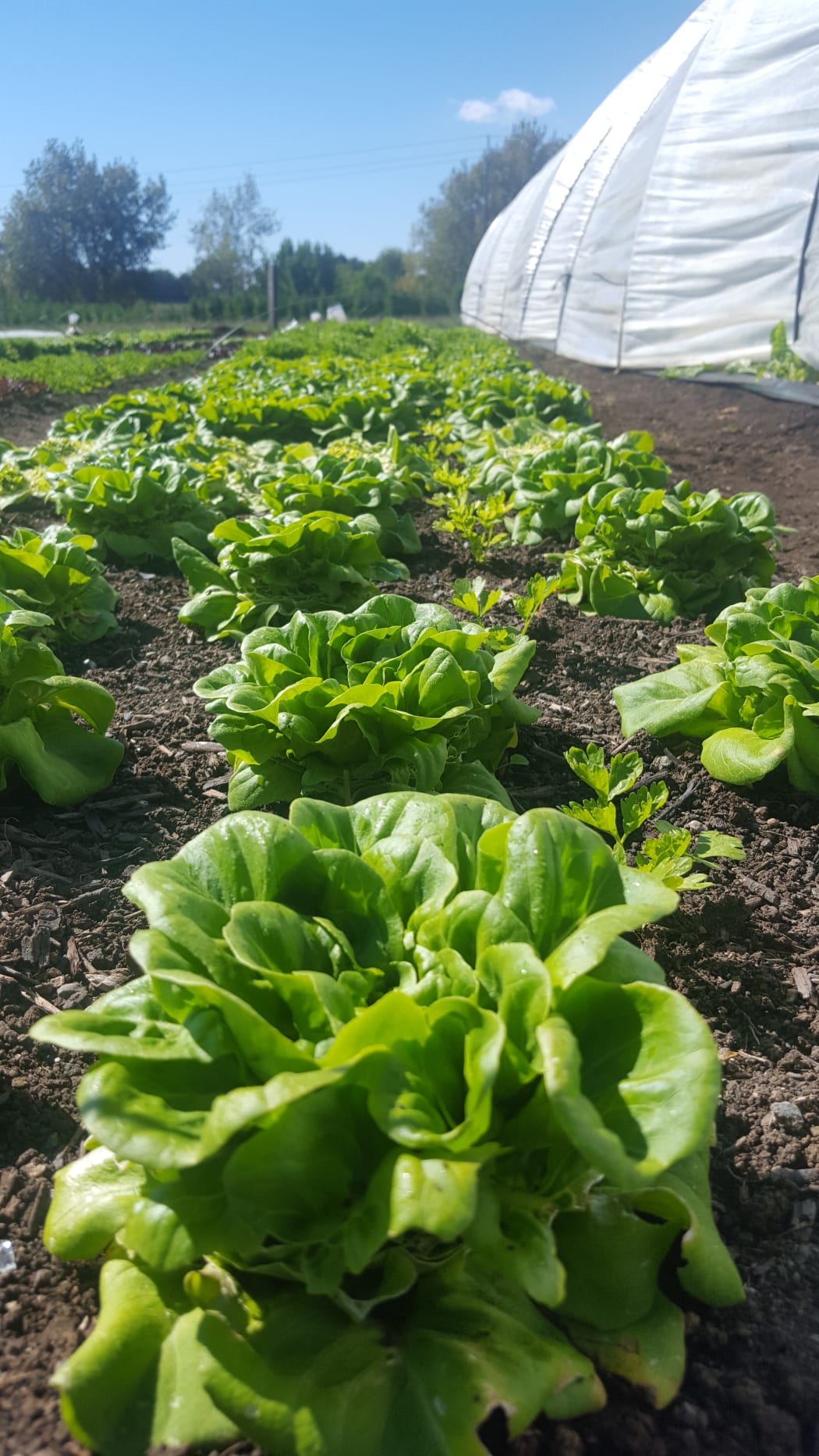
Photo: Susan Murray/RNZ
In Hawke's Bay it's been mild and grass is green and growing - so unusual for the time of year ... thank goodness, though, as the works are struggling to process stock with labour shortages due to Covid and other reasons. The fear is that things could still turn dry and, with many more stock on farm, farmers can't drop their guard. A winegrower is half way through picking. They started really early this year - in February - that's not happened in the 30 years he's been involved. Most of his grapes are machine picked but there is still the hand-harvested chardonnay to come and the reds. Intermingling is a no-no over harvest ... many vineyards are operating in separate bubble systems to avoid Covid knocking people down all at once.
A Rangitikei farmer was delivering rams when we called. His Wiltshires were heading to a university research programme looking at the pros and cons of moving from more traditional breeds to the self-shedding variety. On farm conditions have been pretty good with cooler autumnal nights helping deal to facial eczema and worm issues which arise out of warm moist conditions. Farmers are finalising their winter grassing and cropping programmes.
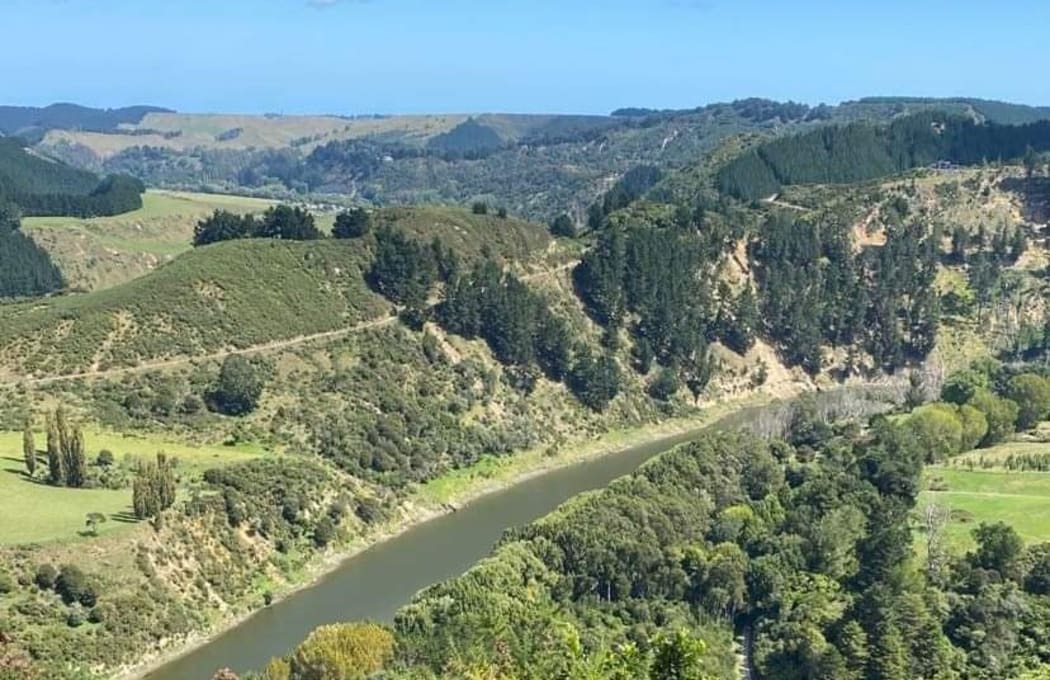
Whanganui River Photo: Mike Laven
A Wairarapa winegrower is about to put the call out to friends and family to help pick grapes. She'll be donating to charities of their choice for their time. The fruit is just about ready after some much needed sun and warmth this week and there are not enough of the usual picking gangs around this year. They're also filtering and trying to get last year's vintage to the bottling plant. It's busy.
Hop harvesting's started in dry conditions in the Nelson/Motueka region and good yields are expected. Apple growers, who are well into Royal Gala picking, are also grateful for the weather. We're told quality, size and colour is good but more pickers and packers are needed. There are cases of Covid in some districts too which is an extra headache for growers. The kiwifruit crop's tracking along nicely with harvesting due to start at the end of the month.
Cooler temperatures have slowed the grape ripening process a bit in Marlborough, but fruit quality's very good. Harvesting should get underway next week in our contact's vineyard just south of Blenheim. First up it's the pinot noir grapes, then pinot gris and chardonnay. The grapes are machine picked so staffing's less of an issue than in vineyards that require handpicking crews.
A farmer at Hari Hari on the West Coast has been making silage and putting in the last of the winter crops this week. Rape and turnips are grown for the heifers and should be ready in 100 days. Milk production's holding up and even though the cows are yet to be pregnancy tested, the farmer reckons he's looking at a10 percent empty rate, which is on par with other years. All in all he says with the good pay out, rain at the right times and a good dose of sun, it's a golden year for dairy farming.
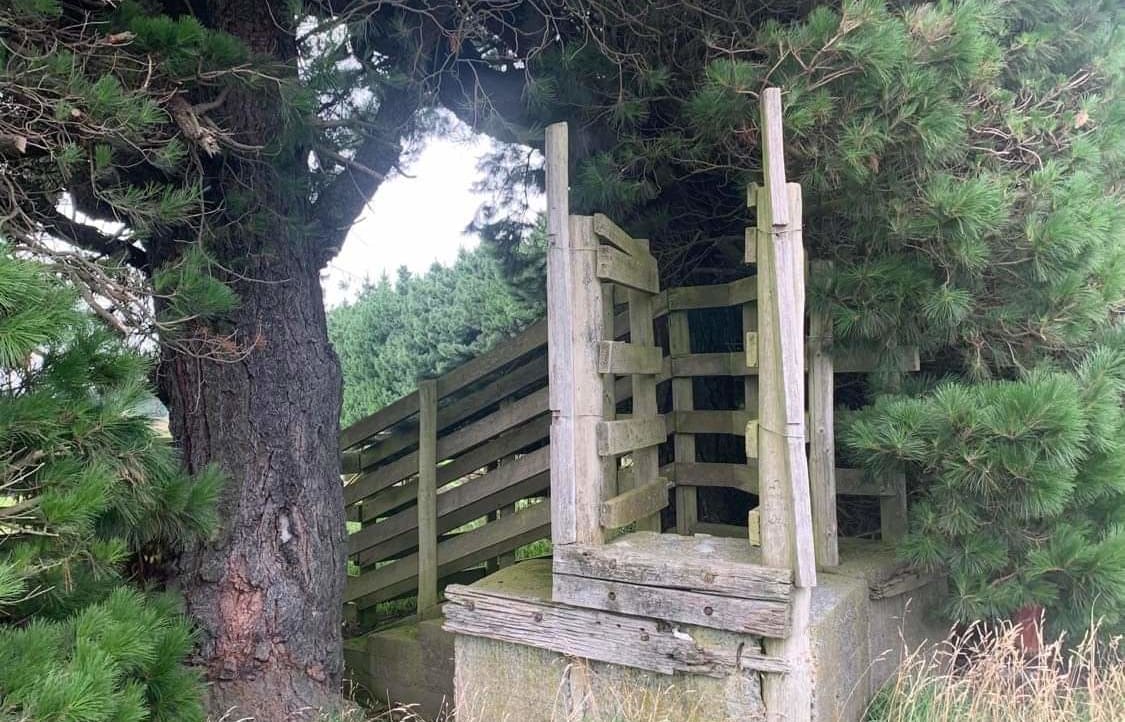
Photo: Michael Godfrey
Canterbury's had a good spell of weather, with a real autumn feel to it. Harvest continues to be slow and with the days shortening getting crops in is becoming harder. There are still large areas of wheat to be harvested. Straw is in short supply with a lot being chopped back onto paddocks due to its poor quality. On the flip side, grain and straw values are climbing rapidly. Covid has made its way onto some farms - in fact our contact has just tested positive. He says for him it's a bit like a mild cold and it's not really impacting on work. He just has to operate within the farm gate which is what he does mostly anyway.
The main grape harvest in Central Otago is due to begin in the third week of March. This is a week or so early thanks to a great run of weather. Some grape picking for sparkling wine is already underway. The fruit is up in size and generally clean from disease. Staffing's a concern, especially for hilly vineyards that require hand pickers, but the Central Otago Wine Growers Association has managed to reach out to retirees, students, mums - while their kids are at school - and people from Dunedin, who have all responded well to the shout out, so that will take the pressure off growers.
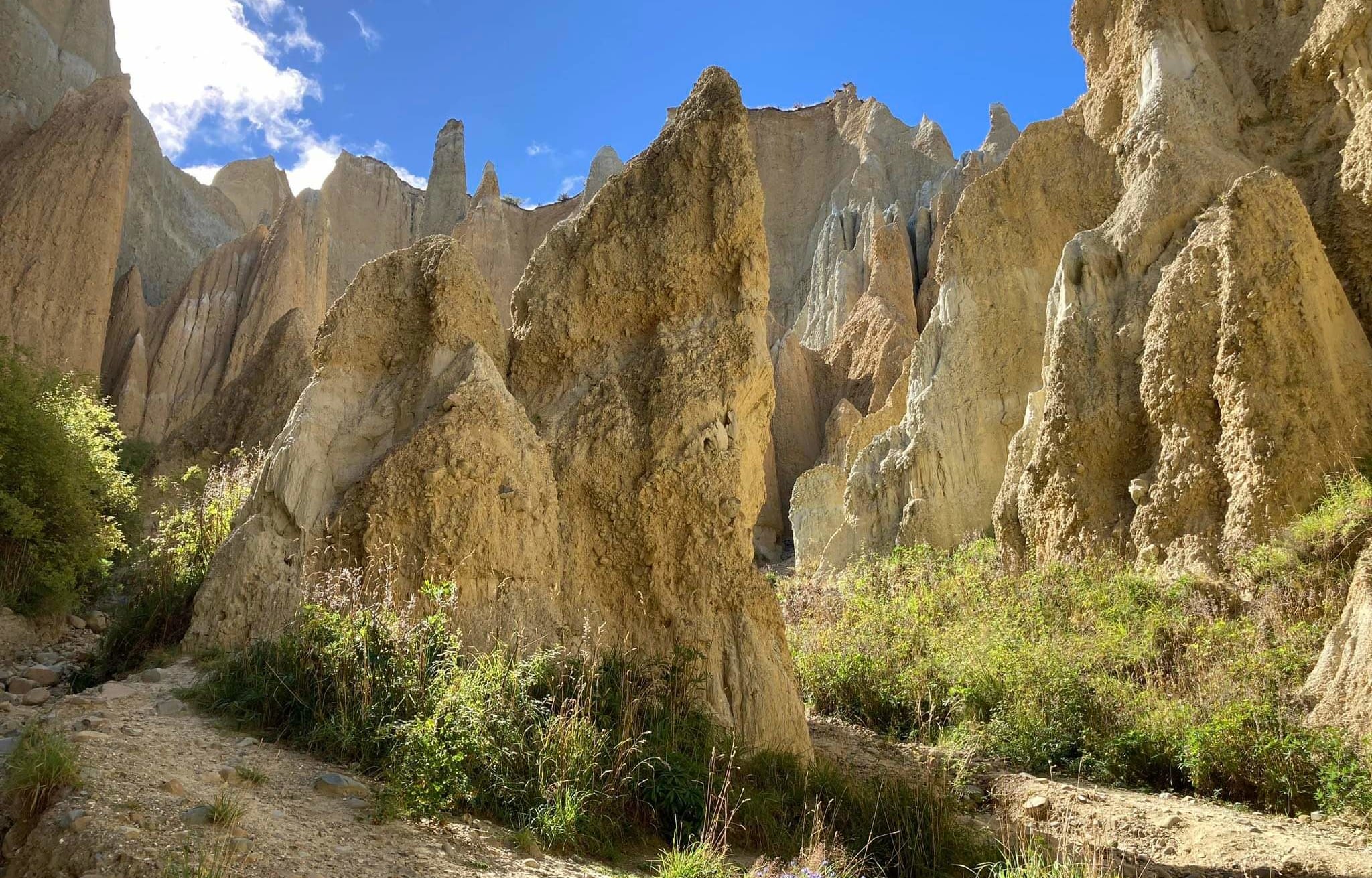
Photo: Janet Barratt
Southland needs a good dose of rain soon. A shower earlier this week in the Blackmount Valley hardly dampened the dust. Sheep are doing okay though but with tupping approaching, ewes are struggling to put on extra condition for the ram. The farmer we talked too says he was lucky to have sent a truckload of lambs away this week. With Covid getting into the freezing works, delays to get stock processed are likely to get longer. Dairy farmers in the region without irrigation are looking at drying cows off early and the rising cost of supplementary inputs is certainly taking the gloss off the high dairy prices.

